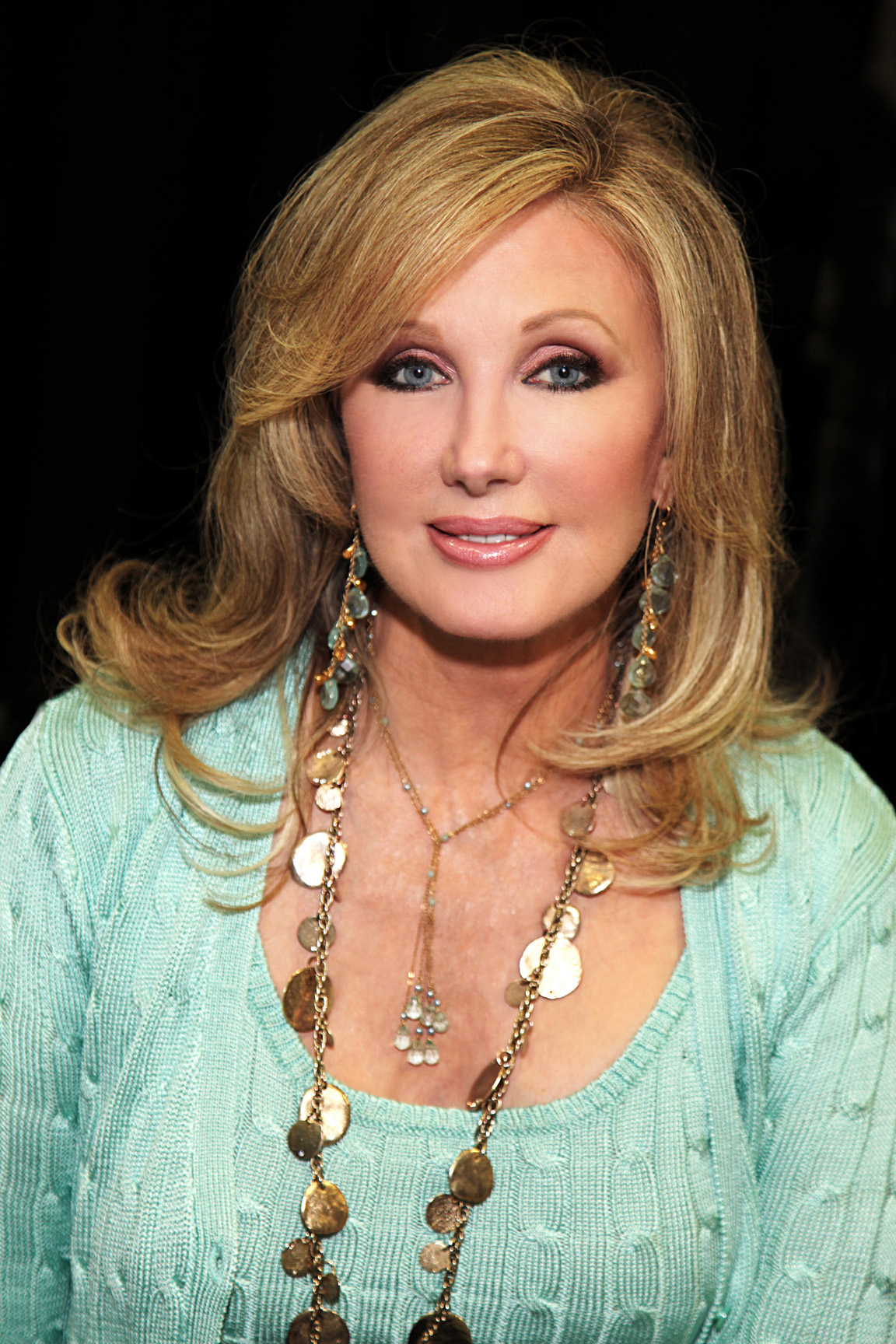Wonder Woman
Explore the timeline of Wonder Woman, from her creation in the 1940s to her various iterations across comics, television, and film. Discover key events, significant story arcs, and cultural impact of the Amazonian warrior over the decades.
First Appearance of Wonder Woman
Wonder Woman first appeared in All Star Comics #8, published on December 8, 1941. Created by William Moulton Marston and Harry G. Peter, Wonder Woman was introduced as an Amazonian warrior princess with a mission of love, peace, and equality, becoming a symbol of female empowerment. She possesses powers granted by the Greek gods and hails from the island of Themyscira.
Wonder Woman Television Series Premiere
The Wonder Woman television series premiered on November 7, 1975, starring Lynda Carter as Wonder Woman/Diana Prince. The show, set during World War II, portrayed Wonder Woman's adventures fighting for justice. Lynda Carter's portrayal brought the character's iconic imagery to a broader audience and cemented her status as a pop culture icon.
Post-Crisis Wonder Woman Relaunch by George Pérez
Wonder Woman experienced a significant relaunch in 1987 with a series written and illustrated by George Pérez. Post-Crisis on Infinite Earths, Pérez redefined Wonder Woman's mythos, emphasizing her Greek mythology roots and her role as an ambassador of peace. His work on the series is praised for its depth and reinvention of the character.
Wonder Woman Animated Film Release
The animated film Wonder Woman was released on April 3, 2009. Directed by Lauren Montgomery, this film offered an origin story of the Amazonian princess and included voices by Keri Russell and Nathan Fillion. It was praised for its authenticity to the source material and is a key part of DC's line of animated films.
The New 52 Wonder Woman Relaunch
In 2011, DC Comics launched The New 52, a company-wide reboot of its superhero titles, including Wonder Woman. Written by Brian Azzarello with art by Cliff Chiang, this version of Wonder Woman delved deeper into her mythological origins and relationships with the Greek pantheon, attracting both new readers and critical acclaim.
Wonder Woman in Batman v Superman: Dawn of Justice
Wonder Woman made her first live-action film appearance in Batman v Superman: Dawn of Justice, released on March 25, 2016. Played by Gal Gadot, her role received acclaim for the powerful and refreshing depiction of the character, setting the stage for standalone Wonder Woman films and sparking renewed interest in the iconic superhero.
Wonder Woman Standalone Film Release
On June 2, 2017, Wonder Woman, directed by Patty Jenkins, was released, starring Gal Gadot as the titular character. The film was groundbreaking, becoming the first major female-led superhero movie in decades and was a commercial and critical success. It broke numerous box office records and was praised for its direction and message.
Wonder Woman 75th Anniversary
October 21, 2018, marked the 75th anniversary of Wonder Woman, commemorating her lasting impact as a symbol of empowerment and the most famous female superhero. Celebrations included special events, exhibitions, and exclusive comic releases that paid homage to her evolution from comic book heroine to a global icon.
Wonder Woman 1984 Release
Wonder Woman 1984 released simultaneously in theaters and on HBO Max on December 25, 2020, amidst the COVID-19 pandemic. Directed by Patty Jenkins, the sequel continued Diana Prince's story in the 1980s. While reviews were mixed, the film was notable for its innovative release strategy during uncertain times, influencing future blockbuster releases.
Frequently asked questions about Wonder Woman
Discover commonly asked questions regarding Wonder Woman. If there are any questions we may have overlooked, please let us know.
When is 'Wonder Woman 1984' set?
How does the Wonder Woman timeline fit into the larger DCEU?
What is the chronological order of the Wonder Woman movies?
Has the release date for 'Wonder Woman 3' been announced?
Related timelines
More timelines connected to Wonder Woman







